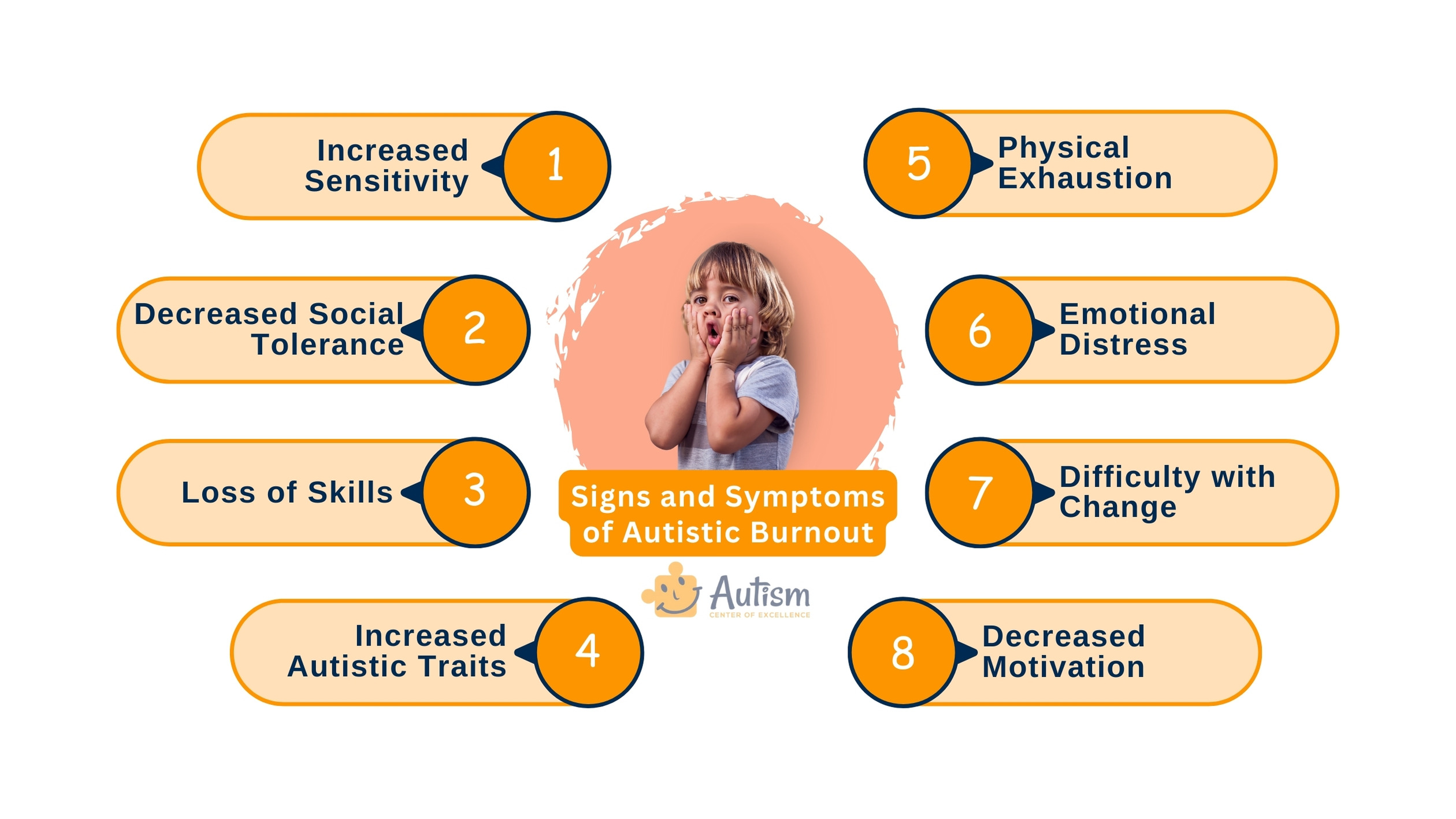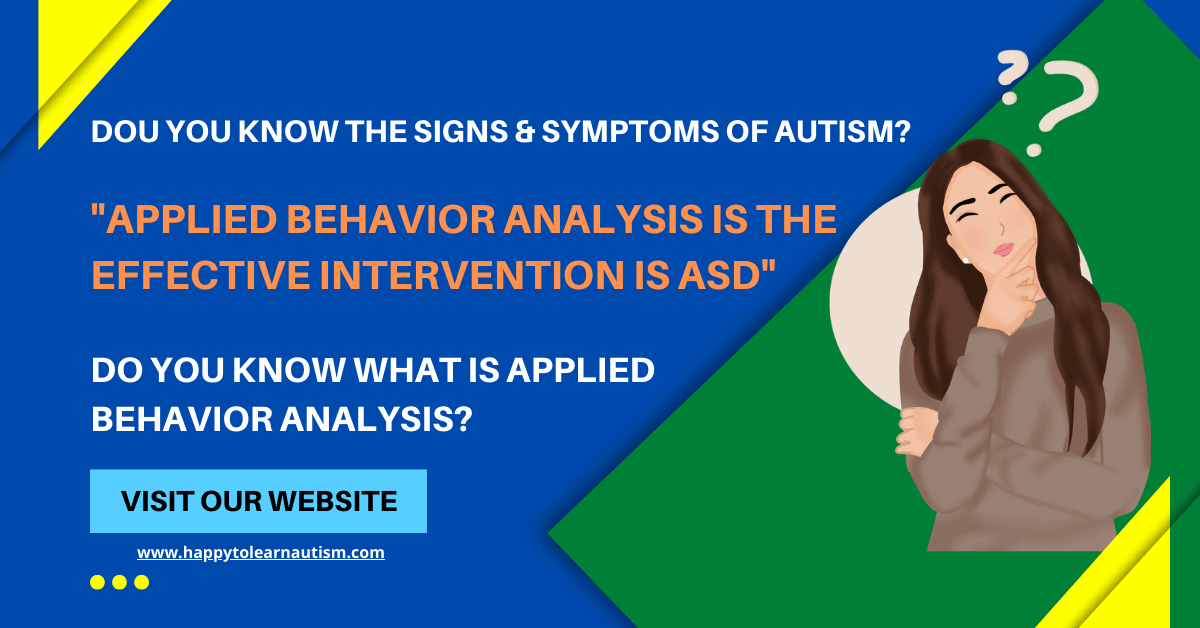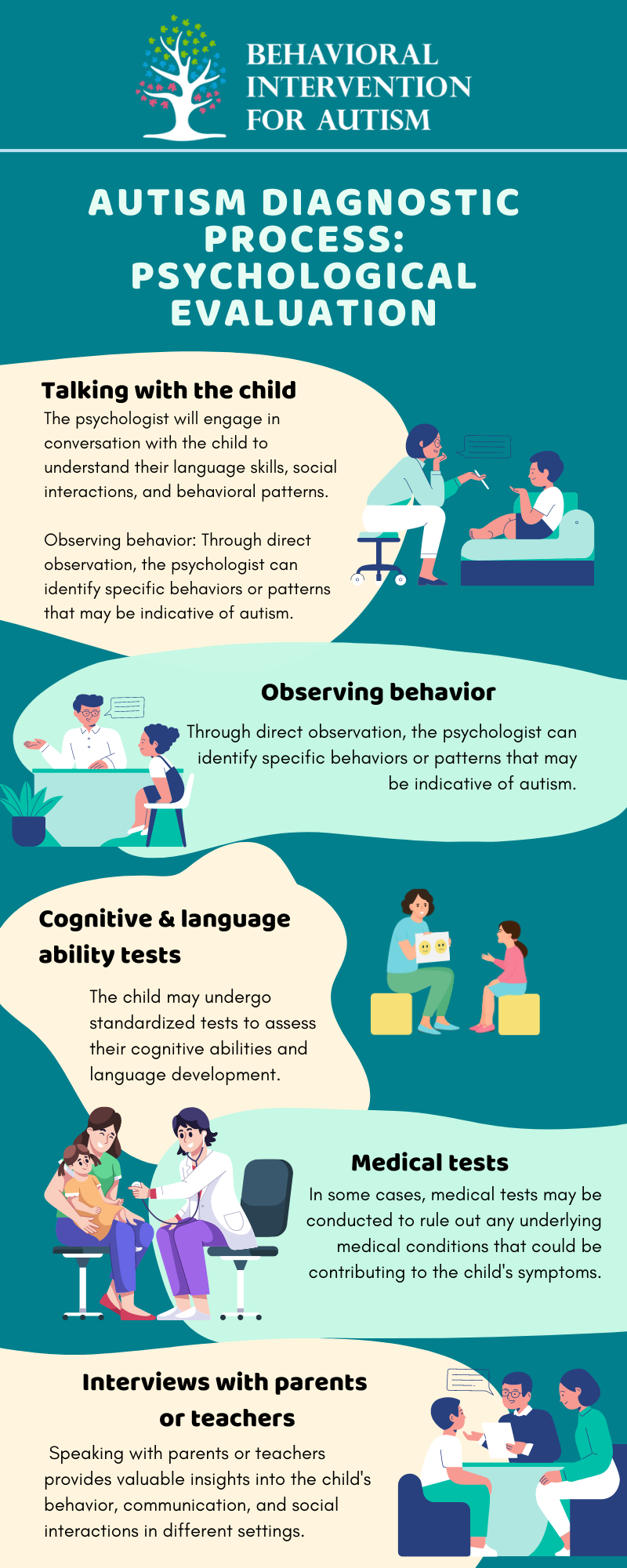Advantages of routine-based learning guided by an Autism Therapist
Advantages of routine-based learning guided by an Autism Therapist
Blog Article
Recognizing the Impact of Behavioral Autism on Daily Life and Social Communications
You might not understand just how deeply behavior autism impacts day-to-day life and social communications. People on the spectrum typically navigate a world filled up with communication difficulties and sensory overload. These obstacles can lead to frustration and isolation, affecting their connections and total wellness.
Specifying Behavior Autism and Its Attributes
Behavior autism, usually described as autism range problem (ASD), encompasses a range of conditions characterized by obstacles in social communication, communication, and repeated behaviors. You may notice that people with ASD commonly struggle to interpret social cues, which can bring about misunderstandings in conversations. They might discover it tough to establish eye contact or involve in tiny talk, making social situations feel frustrating.
Interaction troubles can show up in different ways, from delayed speech growth to a preference for using fewer words. By acknowledging these qualities, you can foster an environment that promotes approval and urges efficient interaction, aiding individuals with autism flourish in their daily interactions.
The Range of Autism: Comprehending Irregularity in Actions
Autism spectrum disorder (ASD) isn't a one-size-fits-all diagnosis; it varies widely among individuals. You might encounter individuals that are extremely spoken and engage quickly in conversations, while others may like singular tasks or interact non-verbally.
In addition, the means individuals with ASD respond to sensory input can differ greatly; some may be overwhelmed by brilliant lights or loud noises, whereas others grow in boosting environments. The range likewise includes differences in social interactions; some people might struggle to translate social cues, while others navigate social settings with loved one simplicity. Comprehending this variability is essential, as it helps you value each individual's special experience and tailor assistance to their specific requirements, promoting a more comprehensive atmosphere for every person.
Interaction Challenges Dealt With by People With Autism
When you interact with individuals on the autism range, you might notice their distinct communication obstacles. They commonly encounter troubles with both nonverbal and verbal signs, which can affect their social interactions. Recognizing these obstacles is necessary for promoting better connections and assistance.

Verbal Communication Troubles
Many individuals on the autism spectrum experience spoken interaction troubles that can considerably affect their daily interactions. Your quantity, rate, or tone might not straighten with social assumptions, creating others to misinterpret your objectives. Recognizing these challenges can assist you and your assistance network create strategies to enhance communication and foster better connections with others in your day-to-day life.
Nonverbal Interaction Barriers
Verbal interaction isn't the only obstacle people on the autism spectrum face; nonverbal interaction obstacles can be simply as substantial. These challenges can lead to misunderstandings or misinterpretations of social signs, making interactions really feel frustrating or complicated. By attending to nonverbal interaction, you can find techniques to improve your social experiences and improve your overall quality of life.
Social Communication Influences
Social interactions can usually really feel frustrating due to the unique communication difficulties dealt with by people with autism. Recognizing these challenges can assist you locate approaches to improve interaction, such as practicing social abilities in safe settings or using visual help. Understanding your requirements enables you to browse social interactions with higher self-confidence and ease.
Social Interaction and Relationship Building in Autism
While building connections can be testing for people with autism, recognizing their one-of-a-kind point of views and communication designs can cultivate meaningful connections. You could notice that lots of people on the range like direct communication and may battle with social signs or small talk. By being simple in your interactions, you can help create an environment where they really feel comfy.
Make the effort to pay attention and observe exactly how they share themselves. This understanding can lead you in guiding discussions extra properly. Taking part in shared passions can likewise act as a bridge to much deeper links. Whether it's a leisure activity, a preferred show, or a common interest, these common threads can open up doors to relationship.
Day-to-day Live Routine: Navigating Approaches and challenges
Maneuvering day-to-day life routines can be specifically testing for individuals with autism, particularly website when unanticipated modifications take place. To navigate these difficulties, think about executing aesthetic schedules or lists.
Establishing a regimen that includes sensory breaks can additionally be helpful. You can prepare short breaks throughout your day to recharge. It's important to interact with those around you, allowing them know your preferences and needs. This more info assists develop an understanding atmosphere.
Lastly, practice mindfulness methods to manage stress and anxiousness. Basic breathing workouts or basing strategies can make a significant difference. By incorporating these strategies, you can enhance your daily regimen and minimize disruptions, making life really feel more convenient.
Toughness and Abilities of People on the Autism Spectrum
Understanding every day life routines is just one facet of the autism experience. Many individuals on the autism range possess amazing strengths and abilities that establish them apart. You could locate that your focus to detail is phenomenal, allowing you to master tasks that need accuracy and emphasis. Your capability to assume outside the box can cause innovative remedies in various circumstances.
In addition, your memory skills usually beam, especially in areas of passion. Autism Behavioral Therapy. This flair for retaining details can make you a useful resource in areas like science, art, or technology. You might likewise display solid visual thinking, enabling you to envision complicated principles and resolve problems artistically
In addition, your special perspective on the globe can promote compassion and understanding in others, improving social communications. Welcoming these strengths not just increases your confidence yet also helps others appreciate the varied abilities you offer the table.
Creating Comprehensive Environments for Individuals With Autism
Producing inclusive environments for people with autism starts with designing sensory-friendly areas that accommodate their unique requirements. You can also cultivate opportunities for social interaction, assisting to build friendships and connections. By making these adjustments, you'll add to a much more welcoming environment for everybody.
Designing Sensory-Friendly Spaces
While making sensory-friendly spaces, it's important to show on the distinct demands of people with autism. Incorporate silent zones where individuals can pull away and reenergize when bewildered. Include aesthetic routines or clear signage to assist people browse the space confidently.
Advertising Social Interaction Opportunities
Creating sensory-friendly spaces not just addresses individual comfort but also establishes the phase for significant social interactions get more info amongst people with autism. Urge peer mentoring, combining individuals with autism with encouraging peers that can assist them through social situations. By carrying out these strategies, you can boost social opportunities, assisting individuals with autism develop friendships and reinforce their social skills in a secure, welcoming environment.

Frequently Asked Questions
How Can Buddies Assistance A Person With Behavioral Autism?
You can support a close friend with behavioral autism by being person, paying attention actively, and valuing their borders. Take part in activities they appreciate, interact freely, and develop a comfortable setting where they really feel valued and recognized.
What Resources Are Offered for Moms And Dads of Children With Autism?
You can check out various sources for moms and dads of youngsters with autism, including support system, academic internet sites, and regional community services. Getting in touch with other moms and dads can additionally give useful insights and shared experiences to assist navigate obstacles.
Can Behavioral Autism Modification Gradually?

Yes, behavioral autism can change in time. You may observe shifts in interaction, social abilities, and actions as your youngster expands. Early treatment and assistance often play important functions in these developing changes.
How Do Sensory Sensitivities Affect Day-to-day Live?
Sensory level of sensitivities can make day-to-day experiences overwhelming. You might struggle with brilliant lights or loud sounds, bring about tension or avoidance. Locating settings that fit your requirements can substantially boost your comfort and total life.
What Are Common Misconceptions Concerning Behavioral Autism?
You might think behavior autism only affects interaction skills, yet it's even more complex. Lots of presume people do not have empathy or intelligence, which isn't true. Recognizing these misconceptions helps foster acceptance and support for those on the range.
Behavioral autism, frequently referred to as autism range disorder (ASD), incorporates an array of conditions identified by obstacles in social communication, communication, and recurring habits.Social communications can commonly feel frustrating due to the unique interaction challenges encountered by individuals with autism.Designing sensory-friendly spaces not just addresses private comfort however additionally establishes the phase for meaningful social interactions among people with autism. Urge peer mentoring, combining individuals with autism with encouraging peers who can direct them through social situations. By carrying out these strategies, you can boost social opportunities, helping people with autism develop relationships and strengthen their social skills in a secure, welcoming atmosphere.
Report this page